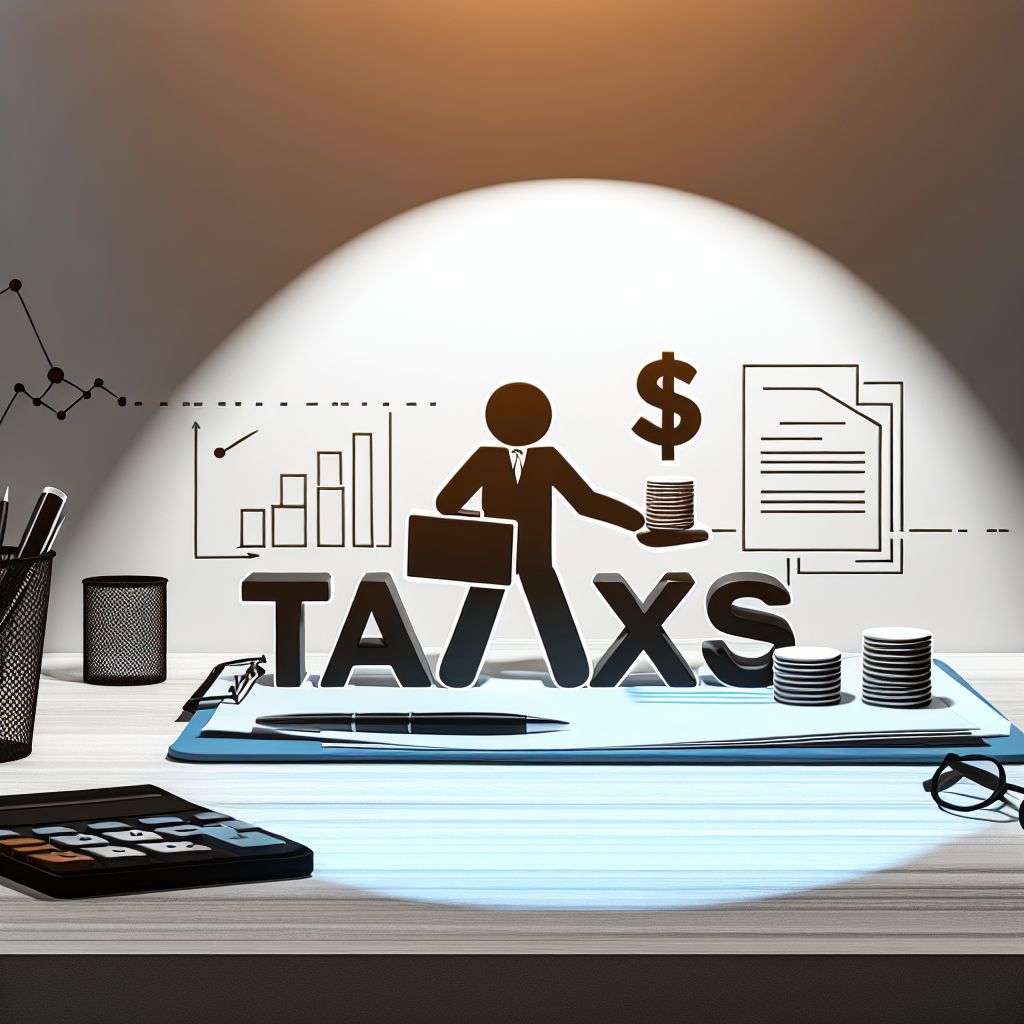
Understanding the tax implications of employee reimbursements is crucial for human resource professionals looking to optimise their company’s compensation strategies. The intricate nature of these reimbursements can make compliance a challenge, but it is essential to grasp how they affect both employers and employees. This article delves into the nuances of expense reimbursements, exploring the differences between accountable and non-accountable plans, current employer practices, and the benefits of ensuring proper policy implementation.
Tax Implications of Reimbursements
The question of whether employees pay tax on expenses related to their job duties can be complex and relies on several factors, including the employer’s reimbursement method and adherence to established tax regulations.
Accountable Plans vs. Non-Accountable Plans
Reimbursements made under accountable plans are generally free from tax obligations for both the employer and the employee, provided the plan is administered correctly. This structure allows employees to avoid reporting reimbursed amounts as income on their tax returns, as long as the employer adheres to the guidelines associated with accountable plans.
- Accountable Plans: Under these plans, expenses reimbursed must have a business connection, be substantiated with appropriate documentation, and require that any excess payments be returned to the employer.
- Non-Accountable Plans: These do not require the same stringent reporting. However, any reimbursements made through non-accountable plans are treated as taxable income, which can lead to a higher tax burden for the employee.
Non-Taxable Reimbursements
Several types of reimbursements are non-taxable, including:
- Education expenses up to £5,250
- Certain insurance premiums
- Meals or lodging provided at work sites, subject to specific limits
Current Trends in Employer Reimbursement Practices
As HR professionals examine reimbursement practices, a focus on documentation and accuracy is crucial to maintaining tax-free statuses for employees.
Importance of Proper Documentation
To ensure reimbursements are tax-free, proper documentation is vital. Employees are required to submit receipts within 60 days following the conclusion of business travel. Concurrently, employers must retain these receipts as part of their expense records.
Pay Stub Accuracy
Proper coding of expense reimbursements on pay stubs is essential. If the reimbursed amounts are incorrectly classified with wages, taxation may occur, negating the intent of non-taxable reimbursements. HR departments should implement checks to avoid such misunderstandings.
Benefits of Non-Taxable Reimbursements
The advantages of establishing a clear and equitable reimbursement policy go beyond regulatory compliance. For employees, non-taxable reimbursements can significantly lessen their overall tax liabilities, enhancing take-home pay.
- Reduced Tax Burden: Non-taxable reimbursements lower the employee’s taxable income. This feature can result in an increase in disposable income, benefiting workforce morale and satisfaction.
- Clear Policy Guidelines: Implementing straightforward and fair reimbursement policies clarifies what expenses are eligible for reimbursement and sets out the process for requesting payments. This approach can reduce disputes and complications related to tax regulations.
- Consulting a Tax Professional: Collaborating with a tax professional can help create a system that aims for compliance with IRS guidelines while ensuring equitable practices. These experts can elucidate the distinctions between accountable and non-accountable plans, helping HR professionals make informed decisions.
Challenges and Solutions in Expense Reimbursement
While navigating the complexities of reimbursements, HR professionals may face various challenges. Here are strategic solutions to maintain effective reimbursement practices.
Addressing Employee Concerns
Employees may have questions regarding which expenses qualify for reimbursement or the methods for lodging claims. An informative policy manual supplemented with training sessions can empower employees with the knowledge they need to navigate the process effectively.
Implementing Technology Solutions
Utilising expense management software can simplify the reimbursement process, improve accuracy in documentation, and streamline the claim submission process. These tools often come equipped with features that help manage receipts, track expenses in real-time, and ensure tax compliance.
Staying Updated on Tax Regulations
The ever-changing landscape of tax regulations requires HR professionals to stay informed on relevant updates. Regularly consulting reputable sources, such as government tax offices and industry publications, is advisable to ensure ongoing compliance.
- HMRC Guidance: Expenses and Benefits
- TaxAct: Expense Reimbursements and Tax Implications
- Golden Apple Agency: Employee Expense Reimbursement
- TurboTax: Tax Deductions for Employment Related Expenses
Conclusion
In summary, employees are not liable for tax on expenses reimbursed under an accountable plan that adheres to the necessary guidelines. Maintaining proper documentation and ensuring accurate payment processing are essential to protect the tax-free status of these reimbursements. By establishing clear reimbursement policies and consulting tax professionals, organisations can optimise benefits and compliance for both employers and employees.
HR professionals must remain vigilant and proactive in adapting policies to align with regulatory changes and employee needs. This approach not only fosters a supportive work environment but also strengthens the financial wellbeing of their workforce through improved handling of expense reimbursements.
Vadim Kouznetsov is a distinguished entrepreneur and the visionary founder and CEO of JobXDubai.com, the UAE’s rapidly expanding job board. Renowned for his expertise in bridging the gap between job seekers and employment opportunities, Vadim has become a leading authority in the recruitment and job market of Dubai.
